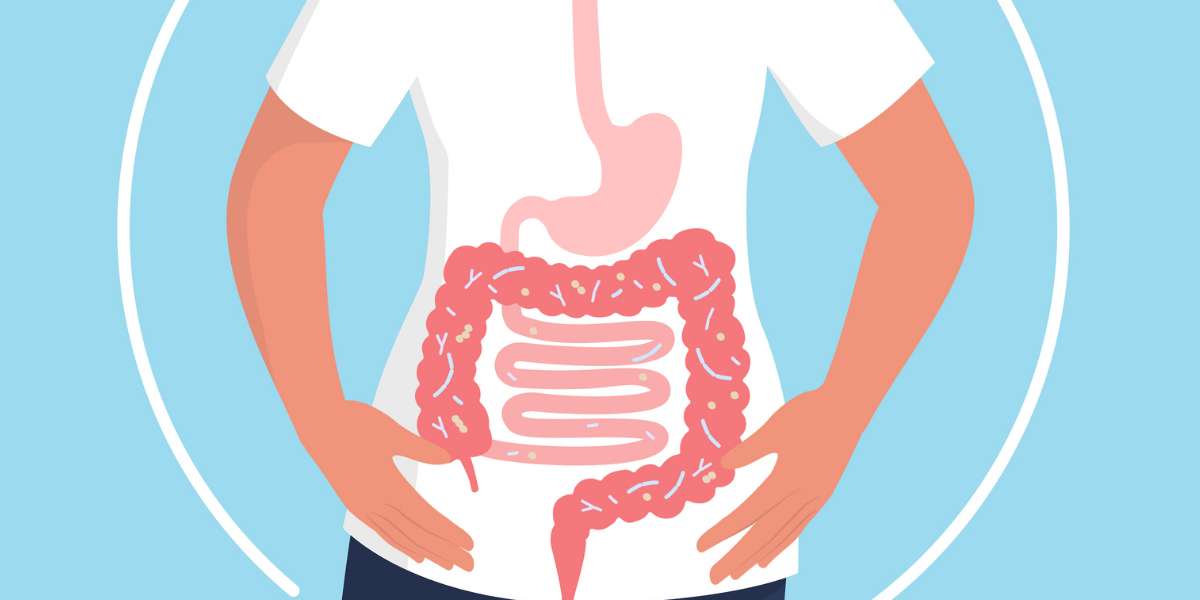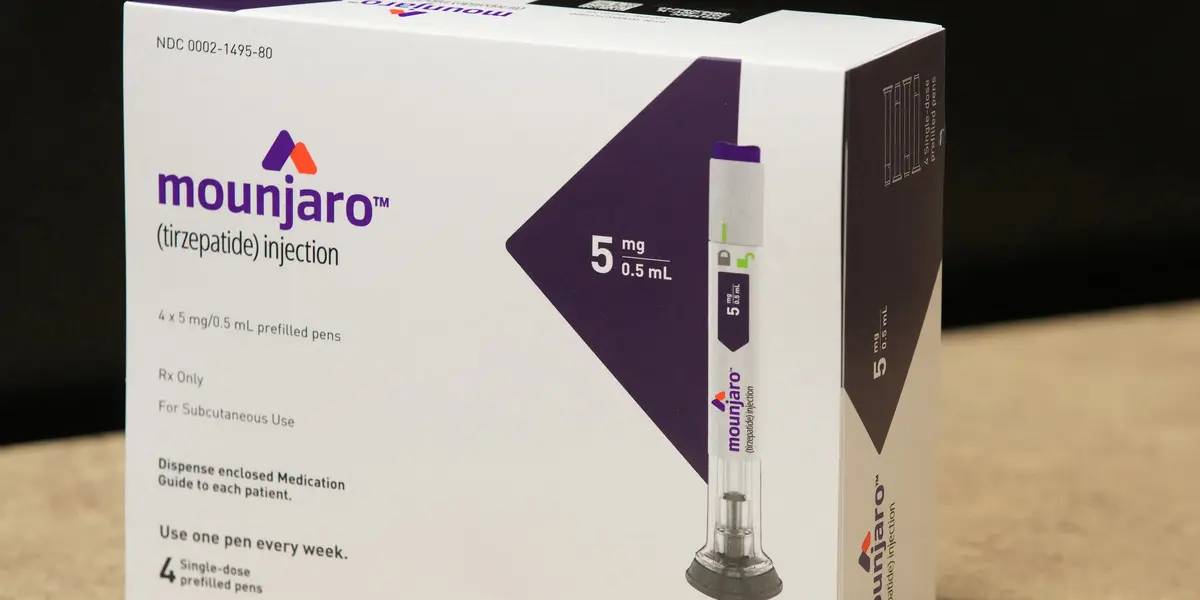Fat cells are damaged when toxins from the gut enter the bloodstream, latest evidence demonstrates.
A study by Nottingham Trent University has discovered that fragments of bacteria from the gut can also trigger weight gain when it is released into the body.
Otherwise known as endotoxins, the toxic substances from the gut have been found to impact the functioning of fat cells.
- What is the microbiome?
- Liverpool resident who reversed a 23-year diagnosis of type 2 diabetes makes national news
“The findings help shed light on how endotoxins may drive obesity and associated disease such as type 2 diabetes,” said the scientists.
They added: “Weight loss interventions can reverse the damage our gut can pose to our fat cells, which ultimately will have a major impact on our health.”
Endotoxins are a toxin present inside a bacterial cell that is released when it disintegrates. When the gut barrier is weaker endotoxins can enter the bloodstream or other parts of the body.
According to the researchers, the guts of people living with obesity are most likely to release endotoxins into the body.
During the study, the team of academics examined the health of 156 adults to analyse the role endotoxins play in the development of obesity and type 2 diabetes. They studied the participant’s blood, white fat cells and brown-like fat cells.
The findings show that white fat cells from people with obesity were less likely to turn into brown-like fat cells compared to those with a lower BMI.
Senior author Professor Mark Christian said: “Gut microbe fragments that enter the blood stream reduce normal fat cell function and their metabolic activity, which is exacerbated with weight gain, contributing to increased diabetes risk.
“It appears that as we gain weight, our fat stores are less able to limit the damage that gut microbe fragments may cause to fat cells.”
- Meditation could have positive effects on microbiome and gut health, small study shows
- Being overweight may be linked to composition of gut microbes
He added: “Endotoxin from the gut reduces fat cell metabolic activity and its ability to become ‘brown-like fat cells’ that can be useful to help lose weight.
“Our study highlights the importance of the gut and fat as critical interlinked organs that influence our metabolic health.”
He concluded: “As such, this work suggests the need to limit endotoxin-induced fat cell damage is even more important when you have excess weight, as the endotoxin contributes to reduce healthy cellular metabolism.”
The study has been published in the journal BMC medicine.





